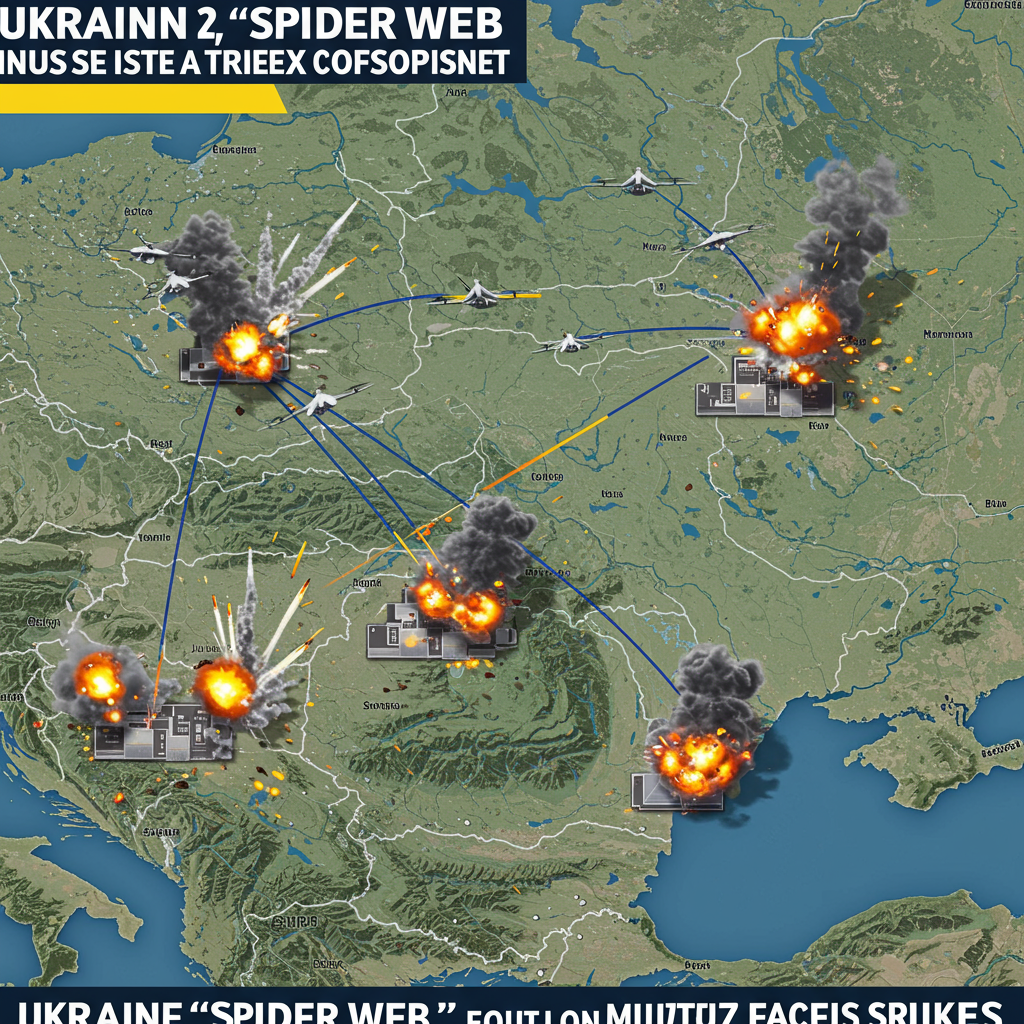Pedro Sánchez and Rajoy’s Secret Effort to Tackle Spain’s Catalonia Crisis
In a notable move to address the escalating political tension surrounding Catalonia’s push for independence, Spain’s major political forces, led by then-opposition leader Pedro Sánchez (Socialists) and the ruling conservative Prime Minister Mariano Rajoy (Popular Party), reportedly engaged in secret discussions centered on reforming the country’s foundational 1978 constitution. This confidential initiative emerged as a potential pathway to defuse the crisis threatening Spain’s unity.
The 1978 constitution is a cornerstone of modern Spain, highly respected for its role in the transition to democracy. It has undergone amendments only twice in its history, underscoring the significance of this potential reform effort. Legal and political experts widely believe that modernizing the constitution is necessary, particularly concerning issues of regional autonomy and identity that lie at the heart of the Catalonia dispute. The Socialist party, under Sánchez, has been advocating for such constitutional changes since 2013, viewing them as crucial for reflecting Spain’s diverse reality. As noted by Camino Mortera-Martinez of the Centre for European Reform, despite the constitution’s reverence, adapting it to formally recognize Spain’s rich regional diversity is timely.
How the Proposed Constitutional Reform Would Work
The discreet plan involved establishing a cross-party parliamentary committee. This committee was tasked with a focused mission:
Gather evidence from experts in constitutional law and specialists on Spain’s system of 17 autonomous regions, including Catalonia.
Spend six months conducting this in-depth analysis.
Ultimately, draft concrete proposals for amendments to the constitution based on their findings.
The aim was to create a framework for dialogue and potential legal change to accommodate regional aspirations within the Spanish state.
Significant Challenges and Uncertainties Loomed
Despite the ambition, the path to constitutional reform was fraught with difficulties and unanswered questions:
Defining the Scope of Amendments
A major unknown was the specific topics the reform would cover and the extent of potential changes. Reaching consensus on these critical details proved challenging.
Securing Broad Political Participation
A crucial element for the legitimacy of any constitutional reform in Spain is broad political buy-in, mirroring the spirit of the 1978 consensus which included Catalan regionalists. The potential refusal of major Catalan political forces, particularly separatist parties like the Republican Left of Catalonia (ERC), to participate could severely undermine the credibility of the entire initiative. ERC had indicated such reluctance.
The Shadow of Article 155
The volatile political situation, particularly the potential actions of both the Spanish government and Catalan separatists, posed an immediate threat. Prime Minister Rajoy’s demand for clarification from Catalan leader Carles Puigdemont regarding a suspended declaration of independence created immediate tension. An unsatisfactory response could trigger the use of Article 155 of the constitution, a measure allowing the central government to take direct control over an autonomous region, effectively suspending its autonomy. The full application of Article 155 could easily overshadow or even render irrelevant the painstaking work of a constitutional reform committee, potentially leading to widespread social unrest in Catalonia.
Potential Outcomes and Specific Reforms
Conversely, if the Spanish government chose not to fully deploy Article 155, the prospect of constitutional reforms aimed at enhancing Catalonia’s autonomy could become a more appealing option for some.
While hardline separatists (like the ultra-left CUP, who reject the 1978 framework entirely) were unlikely to be satisfied, these reforms might appeal to more moderate Catalans. These individuals desire greater recognition and self-governance but do not necessarily seek full secession from Spain.
Specific potential reforms discussed could include:
Granting Catalonia more direct control over its financial resources.
- Explicitly recognizing Catalans as a “nation” within the constitution, rather than merely one of Spain’s unnamed “nationalities” as currently stated in Article 2.
- www.ft.com
However, a potential pitfall lay in the reaction of Spain’s other autonomous regions, who might resent Catalonia receiving special concessions. One aspect of the constitution seen as unlikely to change was the prominent role assigned to political parties in Article 6, which enjoyed broad support across the political spectrum.
In conclusion, the consideration of constitutional reform represented an ambitious, albeit secret, attempt by Spain’s leading political parties to find a negotiated resolution to the complex Catalonia crisis. Its success remained heavily dependent on navigating intricate political dynamics, ensuring broad participation, and overcoming the immediate pressures exerted by the secession crisis and the potential invocation of significant constitutional powers like Article 155.



